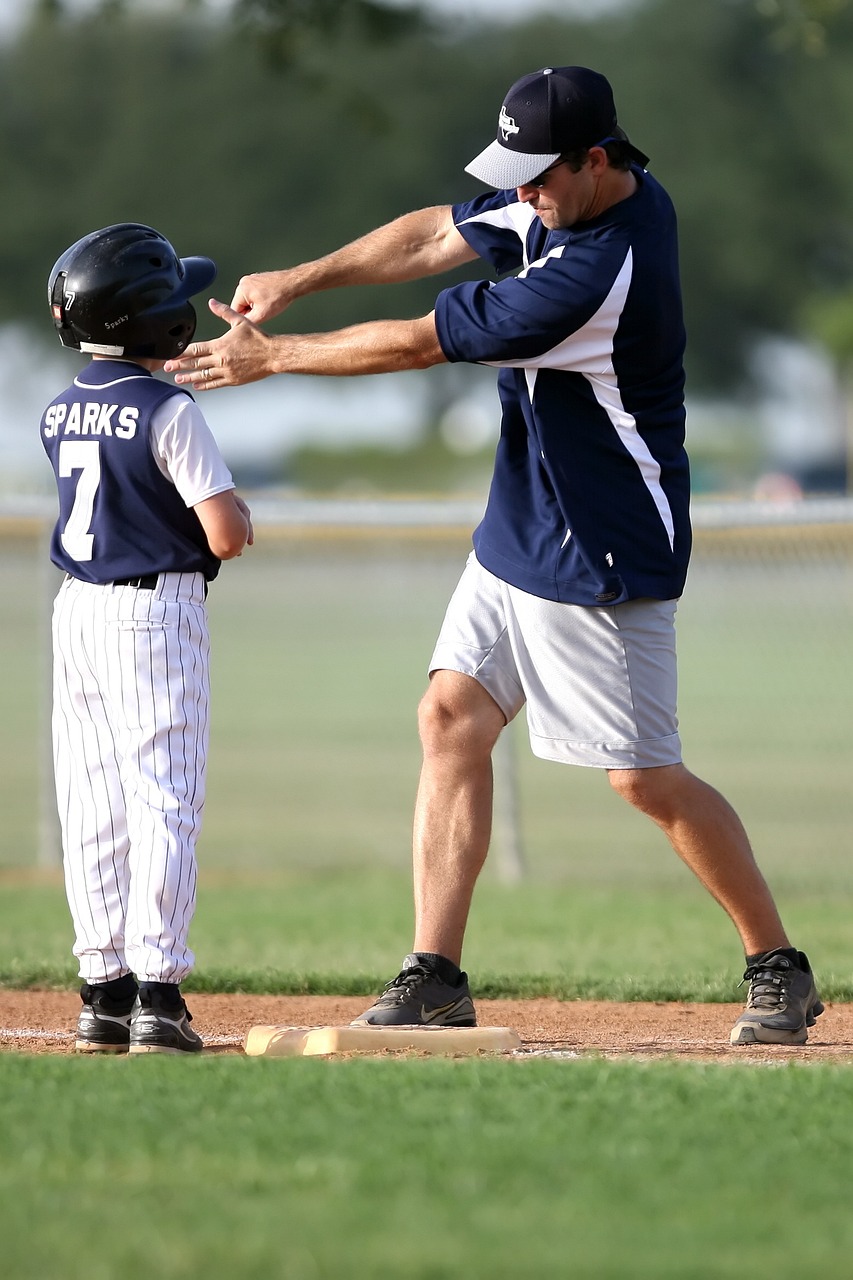Sports can be a fantastic way for children to develop important life skills, build confidence, and stay active. But preparing a child for sports involves more than just signing them up for a team or practice. It requires thoughtful planning and consideration to ensure they have a positive and enriching experience. Here’s a comprehensive guide to help you prepare your child for sports.
1. Understand Their Interest
The first step in preparing your child for sports is understanding their interest. Talk to your child about what sports they’re excited about and why. It’s essential to ensure that their interest is genuine and not influenced solely by peer pressure or external expectations. If they express a genuine passion for a particular sport, they’re more likely to be committed and enjoy the experience.
2. Choose the Right Sport
Selecting the right sport for your child can significantly impact their enjoyment and success. Consider their physical abilities, interests, and temperament. For example, if your child enjoys teamwork and social interaction, sports like soccer or basketball might be ideal. If they prefer individual challenges, activities like swimming or gymnastics might be a better fit. It’s also important to consider their age and physical development; some sports are better suited for younger children while others may be more appropriate for older kids.
3. Introduce the Basics
Before diving into organized sports, it’s beneficial to introduce your child to the basics of the sport in a fun and relaxed environment. Play casual games at home or in the park to help them become familiar with the fundamental skills. This not only builds their interest but also gives them a head start before they begin formal training. For example, if they’re interested in soccer, you might practice dribbling or shooting in your backyard.

4. Foster a Positive Attitude
Encouraging a positive attitude towards sports is crucial. Emphasize the fun aspects of playing rather than focusing solely on winning or competition. Celebrate effort and improvement rather than just outcomes. Reinforce that mistakes are a natural part of learning and growth. By promoting a growth mindset, you help your child build resilience and a love for the game, which is more sustainable than focusing solely on success.
5. Invest in Proper Gear
Proper gear is essential for safety and performance in sports. Ensure your child has the appropriate equipment for their chosen sport. This could include items like cleats, helmets, protective pads, or sport-specific clothing. It’s also important to ensure that the gear fits properly and is in good condition. Ill-fitting or inadequate equipment can lead to discomfort or injury, detracting from the overall experience.
6. Encourage Good Sportsmanship
Good sportsmanship is a critical aspect of sports participation. Teach your child the importance of respect for teammates, opponents, coaches, and referees. Role model positive behavior by demonstrating how to handle winning and losing graciously. Discuss the values of teamwork, respect, and perseverance with your child to help them understand the broader lessons of sportsmanship.
7. Balance Practice and Play
While practice is important, it’s equally crucial to balance it with free play and rest. Over-scheduling your child with too many practices or competitions can lead to burnout and detract from their enjoyment. Encourage your child to have unstructured playtime where they can explore different activities and interests. This balance helps maintain their enthusiasm for the sport and supports their overall well-being.

8. Communicate with Coaches
Open communication with your child’s coaches can significantly enhance their sports experience. Share any relevant information about your child’s needs, such as medical conditions or special requirements. Attend parent meetings, if available, to stay informed about team activities and expectations. A strong partnership between parents and coaches helps create a supportive environment for your child.
9. Monitor Physical and Emotional Well-being
Keep an eye on your child’s physical and emotional well-being. Ensure they are not experiencing undue stress or fatigue from their sports activities. Regularly check in with them to gauge their feelings about their involvement in the sport. If they seem overwhelmed or unhappy, have an open discussion to address any concerns and make adjustments if needed.
10. Celebrate Achievements
Finally, celebrate your child’s achievements, both big and small. Recognize their hard work and progress, regardless of the outcome of a game or season. Positive reinforcement boosts their confidence and motivation. Whether it’s a personal best or simply a great effort, acknowledging their accomplishments helps reinforce their love for the sport.
Conclusion
Preparing your child for sports is a multifaceted process that goes beyond just the physical aspects of training. By understanding their interests, choosing the right sport, introducing them to the basics, and fostering a positive environment, you set the stage for a rewarding sports experience. Proper gear, good sportsmanship, balance, communication, and support for their well-being all contribute to their overall enjoyment and success in sports. With thoughtful preparation and encouragement, your child can thrive both on and off the field, gaining valuable skills and cherished memories along the way.
